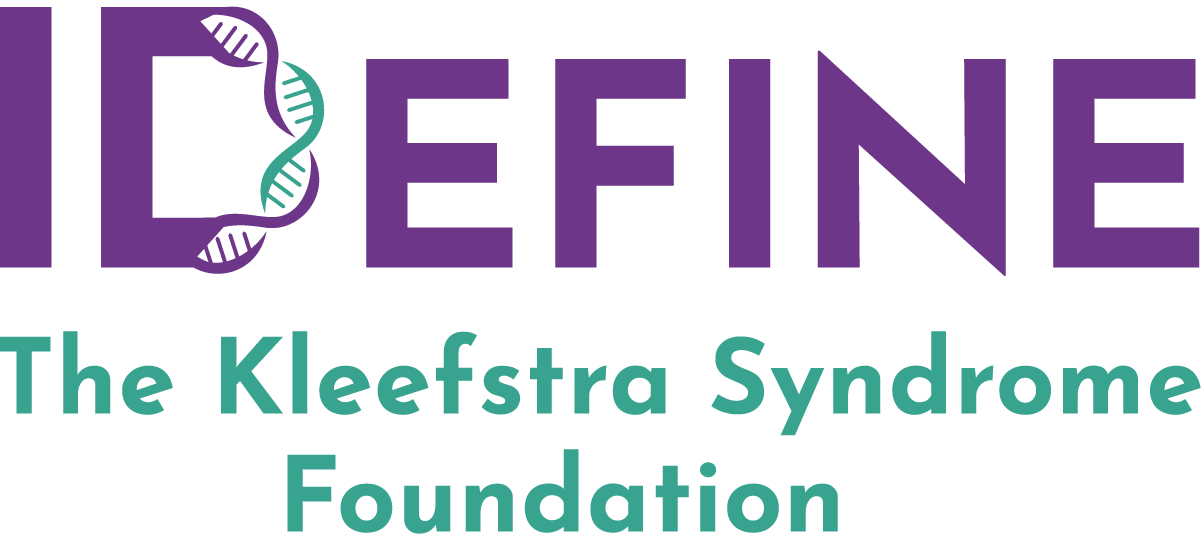Join The Gene Fixers Club
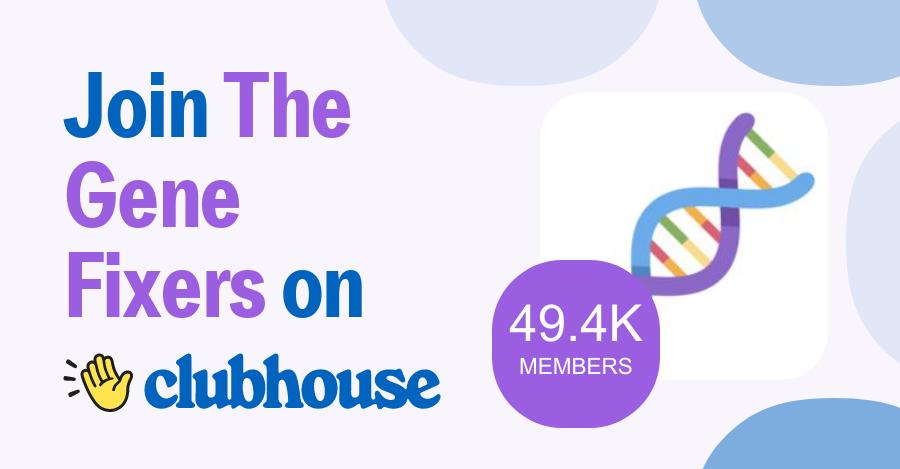
Kleefstra Syndrome parents are always looking for more information to better care for their KS loved ones on a day-to-day basis, and of course potential treatments and a cure.
A relatively new and popular audio-based social media app called Clubhouse is a great new source for just such information. The app allows groups to form “clubs” where people around the world can talk, listen, and learn from each other in real-time.
Gene Fixers and Cure Odyssey are clubs hosted by a couple of powerhouses in the rare disease space, Ethan Perlstein and Julia Vitarello.
“The hour-long conversations are super informative, I’ve learned so much by listening in,” said Geoff Rhyne, CEO of IDefine. “I really encourage our KS families to check them out.”
Gene Fixers brings on two prominent guest voices, such as scientists, CEOs, and government regulators to anchor the conversations and tackle difficult subjects.
Clubhouse does not require a special link or registration, all you need is to download the app. You can join Gene Fixers conversations live on Thursdays at 3 p.m. EST or listen to replays.
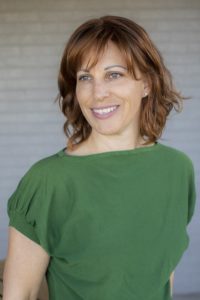
“It just allows for a casual chat that I would have with a CEO or even with someone from the FDA,” said Julia. “Nothing crazy like undisclosed information, but more like, ‘What do you think about this difficult aspect of rare disease,’ and they’re able to have that discussion. We do try to ask harder questions and press for answers.”
A couple of the most listened to Gene Fixers have been on antisense oligonucleotides (ASOs) and a session with the CEOs from biotech companies, both of which had close to three thousand people listening for at least a portion of the conversations.
Cure Odyssey, which goes live on Tuesdays at 3 p.m. EST, is more of a water cooler conversation with mostly patients and parents. There are no guests and no interviews, just the swapping of war stories and sharing information. Ethan co-hosts the show with rare disease dad, Casey McPherson, whose daughter Rose, has HNRNPH2.
“Whether it’s a therapy session or a science strategy session, it’s for the community by the community,” said Ethan. “We just try to solve problems for each other.”
Parents on a Mission
Just as interesting as the content of Gene Fixers and Cure Odyssey is how they came about.
Clubhouse was co-founded two years ago by Rohan Seth, who has a daughter with an ultra-rare disease. He then created The Gene Fixers club in January 2021 to gather advocates for rare diseases.
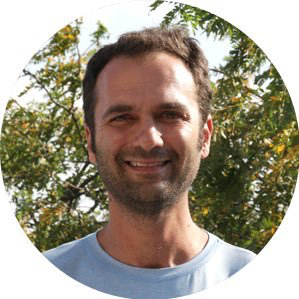
Rohan hired Ethan, CEO of Perlara, a company that helps families and foundations navigate the rare disease space, to help him help his daughter.
“We’re cure guides, cure brokers, and cure consultants, basically an all-in-one service where Pelara can harness the talent of many, many scientists,” said Ethan. “We can pair up these very enthusiastic scientists with very determined families. And that’s kind of the powder keg we hit upon. I want to scale the process of working with families and becoming drug developers with them.”
Rohan also reached out to Julia, who had successfully spearheaded the development of a drug specifically for her daughter, Mila, who was been diagnosed with Batten disease, an ultra-rare, neurodegenerative genetic disorder. The drug, named milasen after Mila, initially halted progression of Mila’s condition and improved her quality of life. But the disease, which was already in an advanced stage, eventually resumed. Mila died Feb. 11, 2021, at 10-years-old.
“When Mila’s story was all over the place I had lots of parents across the world across many different diseases reach out to me, one of them was Rohan, and we became good friends,” said Julia. “It was right after his daughter was diagnosed. He was just learning how to navigate, and he learned very quickly, and he hired Ethan to help him out in this process. I went to speak at Stanford’s Grand Rounds together with Tim Yu who designed my daughter’s drug. And when we were speaking there, I think it’s the first time I met Ethan who came to the talk with Rohan. We then we reconnected when Tim and I were trying to figure out how to scale individualized medicines.”
Julia is now dedicated to speeding the development of additional personalized drugs in the hopes of treating more rare diseases. To do this, she helped create the N=1 Collaborative, “a group of internationally acclaimed doctors, researchers, patients and companies from across the globe who are committed to expanding the field of individualized medicine.”
Power in Numbers
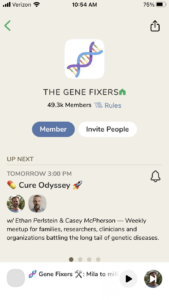 The Gene Fixers now has more than 49,000 followers. Ethan and Julia say there is potential power in those numbers.
The Gene Fixers now has more than 49,000 followers. Ethan and Julia say there is potential power in those numbers.
“We’re all living in little silos, everyone is in their little world of their researchers, their academic institution, the company they happen to be talking to having a million discussions,” said Julia. “But the more we use the same lingo, the more we consistently talk about things, including the tone we use, the more likely it is that messaging is going to get to academics to companies to the FDA to the NIH.”
They encourage KS families to join the conversation.
“With Gene Fixers I hope people take away the sense that this is a movement, and that this is bigger than any one of us and that even if we go toward individualized medicine, it still must be done collectively for it to scale,” said Ethan. “I hope that everything we do makes people feel empowered that they’re part of this movement, and hopefully provide people with connections and knowledge.”
